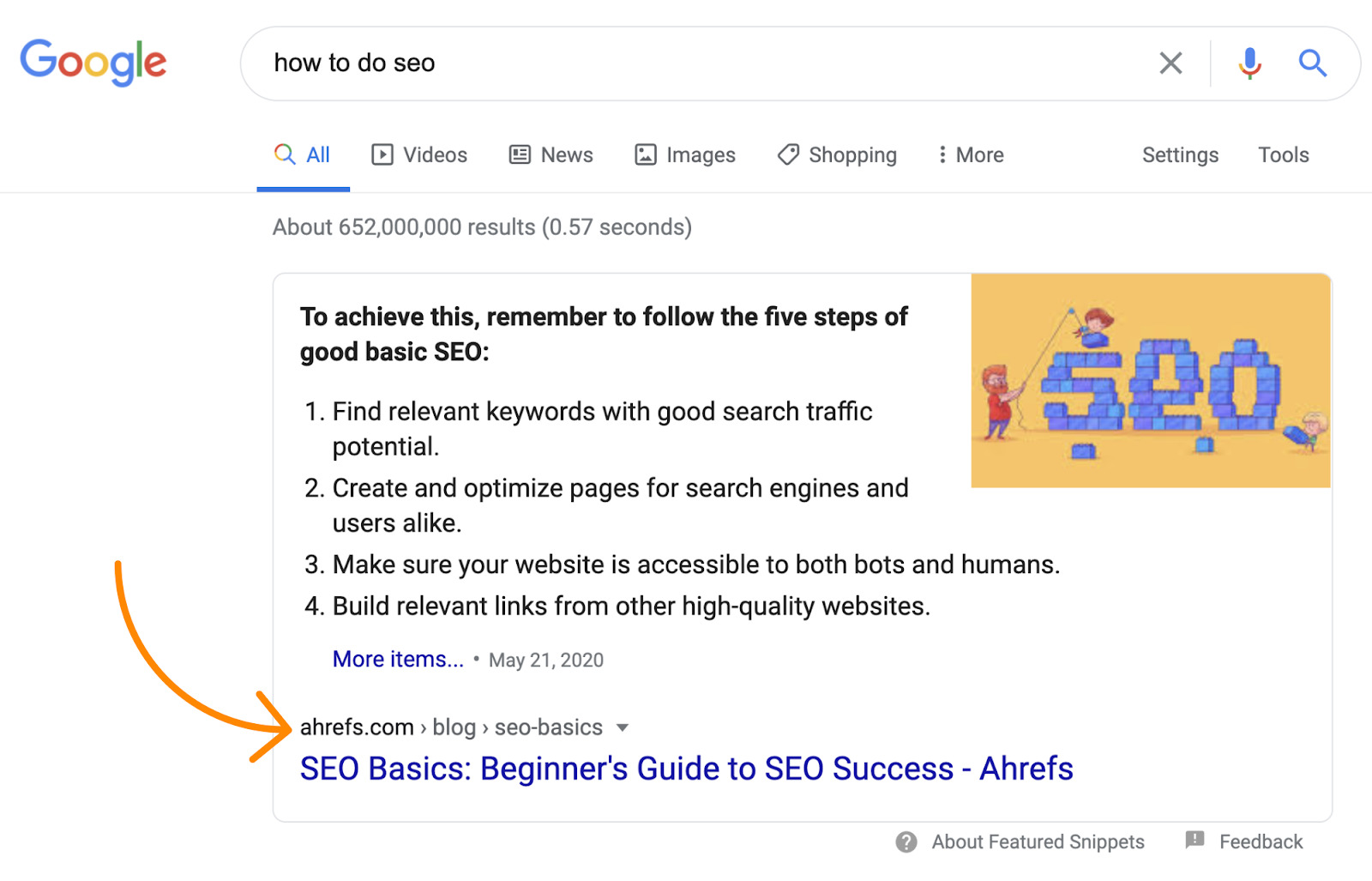What are Keywords? Unlocking SEO Success Secrets
Keywords are the foundation of search engine optimization (SEO) and play a crucial role in determining the visibility of a website on search engine results pages (SERPs). In simple terms, keywords are the words or phrases that users type into search engines when looking for information, products, or services online.
Understanding keywords and how to use them effectively is essential for any website owner, content creator, or digital marketer. By incorporating relevant keywords into your website content, you can improve your website's search engine ranking and attract more organic traffic.

Credit: ahrefs.com
Types of Keywords
Keywords can be categorized into different types based on their length, relevance, and search volume. Here are some common types of keywords:
| Keyword Type | Description |
|---|---|
| Short-tail Keywords | Short and generic keywords consisting of one or two words, such as "shoes" or "digital marketing." |
| Long-tail Keywords | Longer and more specific keywords that target a niche audience, such as "best running shoes for women" or "digital marketing strategies for small businesses." |
| Branded Keywords | Keywords that include the name of a specific brand, such as "Nike shoes" or "Coca-Cola products." |
| Competitor Keywords | Keywords that target your competitors' brand names or products to attract their audience, such as "alternative to Apple iPhone" or "best deals on Samsung phones." |
Importance of Keywords in SEO
Keywords are the bridge between what users are searching for and the content that websites provide. By conducting keyword research and identifying the right keywords for your niche, you can optimize your website's content to match the search intent of your target audience.
Here are some key reasons why keywords are important in SEO:
- Keywords help search engines understand the relevance of your content to users' search queries.
- Keywords influence your website's ranking on SERPs and can impact your organic traffic.
- Using the right keywords can attract high-quality traffic to your website, leading to better engagement and conversions.
- Keywords play a crucial role in on-page optimization, including meta tags, headings, and content structure.
Best Practices for Keyword Research
Effective keyword research is the foundation of a successful SEO strategy. Here are some best practices to help you conduct keyword research effectively:
- Start by brainstorming a list of relevant topics and seed keywords related to your niche.
- Use keyword research tools like Google Keyword Planner, SEMrush, or Ahrefs to discover new keyword ideas and analyze search volumes.
- Focus on long-tail keywords that are more specific and have lower competition.
- Consider the search intent behind each keyword and create content that aligns with users' needs.
- Regularly monitor your keyword rankings and make adjustments to your SEO strategy based on performance metrics.
Keyword Optimization Tips
Once you have identified the right keywords for your website, it's essential to optimize your content for those keywords. Here are some tips for keyword optimization:
- Include your target keywords in the page title, meta description, headings, and body content of your web pages.
- Avoid keyword stuffing and focus on creating high-quality, valuable content that naturally incorporates your keywords.
- Use variations of your target keywords to make your content more relevant to a wider range of search queries.
- Optimize your images and multimedia content by adding descriptive alt text with relevant keywords.
- Regularly update and refresh your content to maintain keyword relevance and improve your website's SEO performance.

Credit: www.semrush.com
Frequently Asked Questions
What Are Keywords Used For?
Keywords are used to help search engines understand the content of a webpage and match it with relevant search queries.
How Do I Choose The Right Keywords?
Choose keywords that are relevant to your content, have high search volume, and low competition. Use keyword research tools to find them.
Can Too Many Keywords Hurt My Seo?
Yes, keyword stuffing can hurt your SEO as search engines may penalize your website. Use keywords naturally and organically in your content.
What Is Keyword Density?
Keyword density refers to the number of times a keyword appears on a webpage in relation to the total number of words. It should be kept at a natural level.
Conclusion
In conclusion, keywords are the building blocks of SEO and are essential for improving your website's visibility and attracting organic traffic. By conducting thorough keyword research, optimizing your content for relevant keywords, and staying updated on industry trends, you can enhance your website's search engine ranking and reach a wider audience online.
Remember that SEO is an ongoing process, and staying proactive in your keyword optimization efforts is key to achieving long-term success in the competitive digital landscape.
